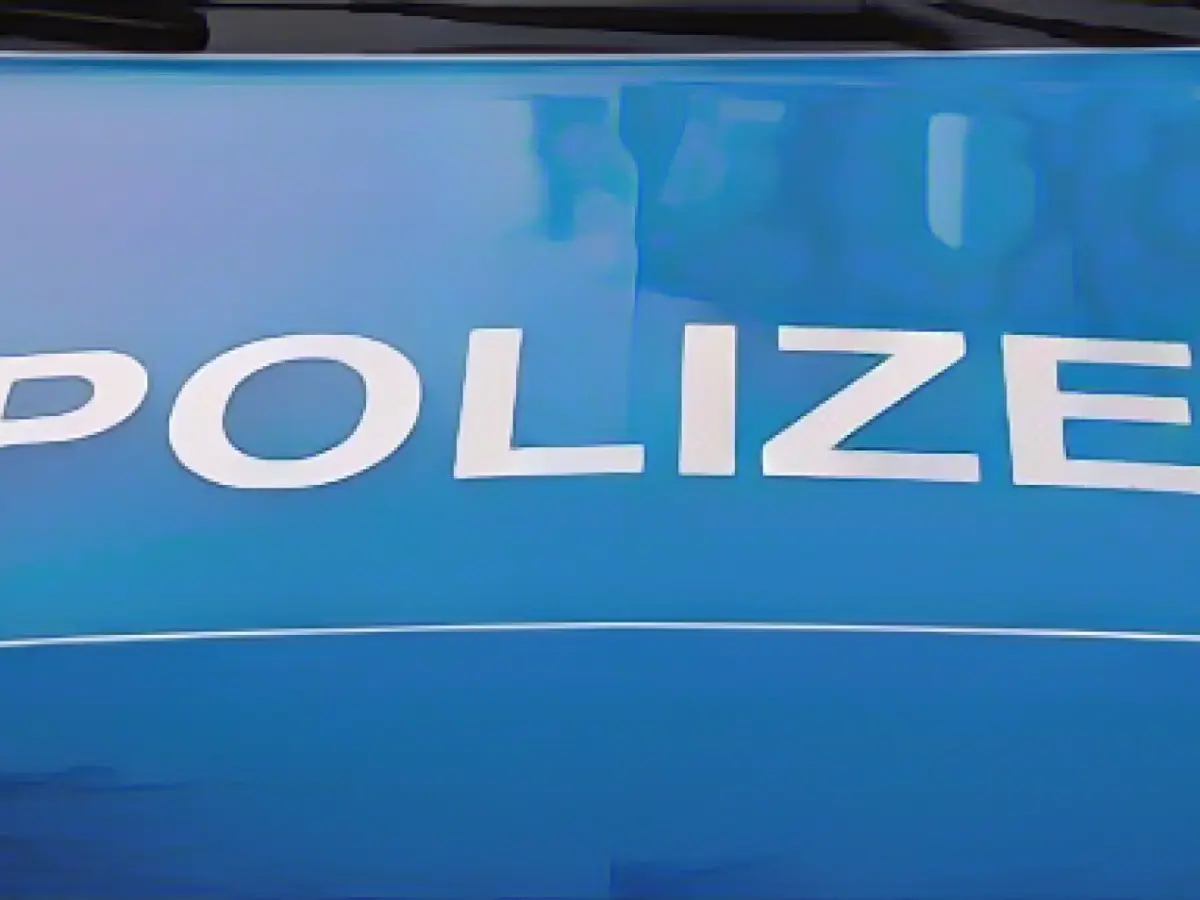Munich Brawl Sparks Antisemitism Investigation and Debate
After an altercation between a Jewish tourist and a group of individuals in Munich, the Bavarian judiciary's anti-Semitism commissioner has launched an investigation. The incident, which reportedly involved verbal and physical violence, has raised concerns of anti-Semitic motivation.
The 30-year-old tourist, who wore a kippah, was allegedly subjected to anti-Semitic slurs before the confrontation escalated. The tourist sustained minor injuries and was treated as an outpatient in a hospital, while two individuals from the group also sought medical attention. The police are investigating the tourist for intentional bodily harm and the group members for dangerous bodily harm.
Anti-Semitism Commissioner Andreas Franck and state security are involved in the investigation, considering the circumstances of the attack. Justice Minister Gordian Baumgärtel has advocated for stricter penalties for hate crime perpetrators, emphasizing the significance of justice to prevent further incidents.
Calls for strengthened tolerance education in Bavaria have also emerged in the wake of the altercation.
National Context
Arising from the latest incident and a broader rise in hate crimes against Jews, Germany has witnessed a renewed focus on combating extremism and intolerance. The country recorded 3,027 antisemitic incidents in 2021, with a significant portion associated with neo-Nazi ideologies.
Local Initiatives
Initiatives like "Coffee with a Jew" in Munich are working to puncture misunderstandings and promote dialogue, encouraging conversations on Jewish identity and culture. In response to increasing antisemitism, Jewish events and institutions in Munich have implemented enhanced security measures, such as airport-style checks at synagogues.
Government Response
Antisemitism has prompted action from the German government, with new legislation toughening penalties for foreigners accused of terror-related crimes. The Interior Ministry has reported a 15.7% increase in antisemitic crimes in 2020, describing the surge as a cause for both concern and deep shame given Germany's history.
Public Awareness
Public figures like Sigmount Königsberg, the antisemitism commissioner in Berlin, have emphasized the role of complacency and social media in propagating hate speech, highlighting the importance of societal vigilance in addressing the issue.








